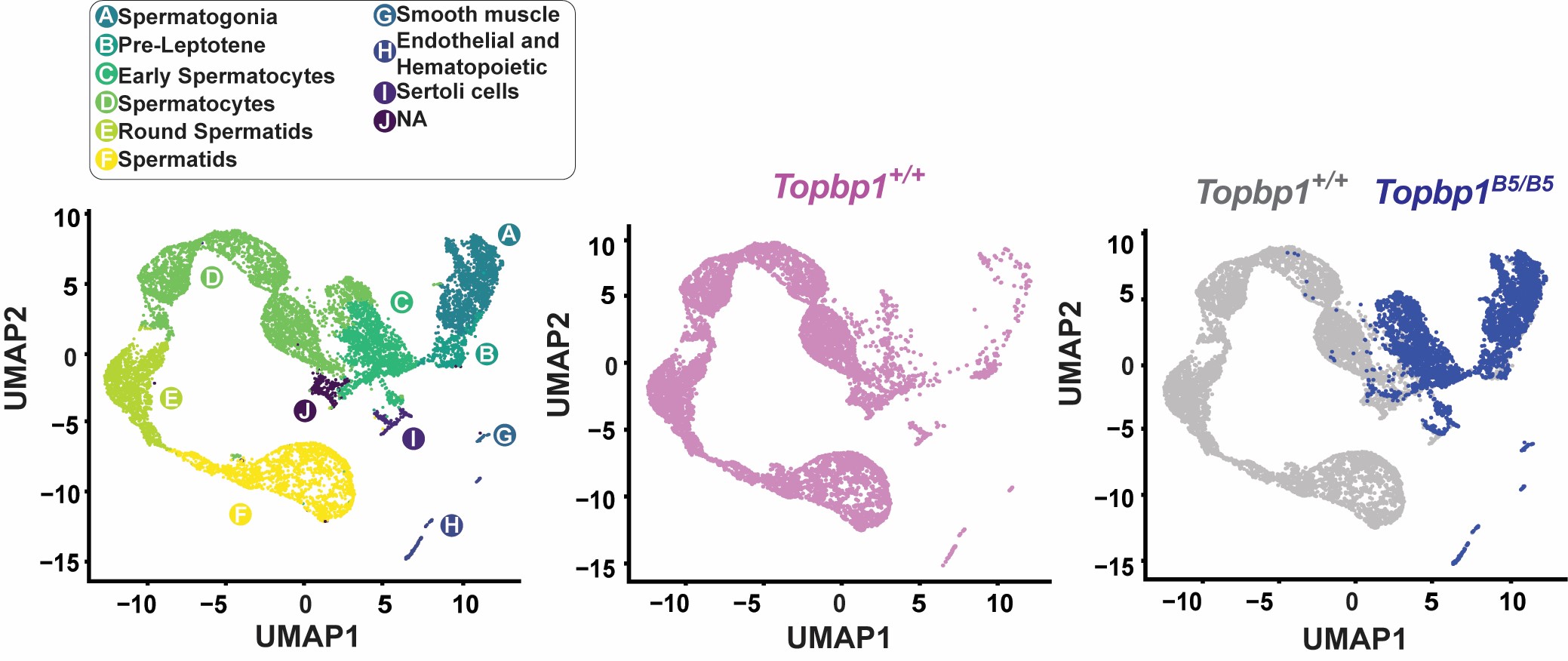What is CoRe?
In the era of Covid19 there are many global issues that demand a renewed intense focus on reproductive biology. Many of these areas are already represented by research labs at Cornell, led by a renowned group of researchers focused on Reproductive Biology. Read more about CoRe’s mission >



